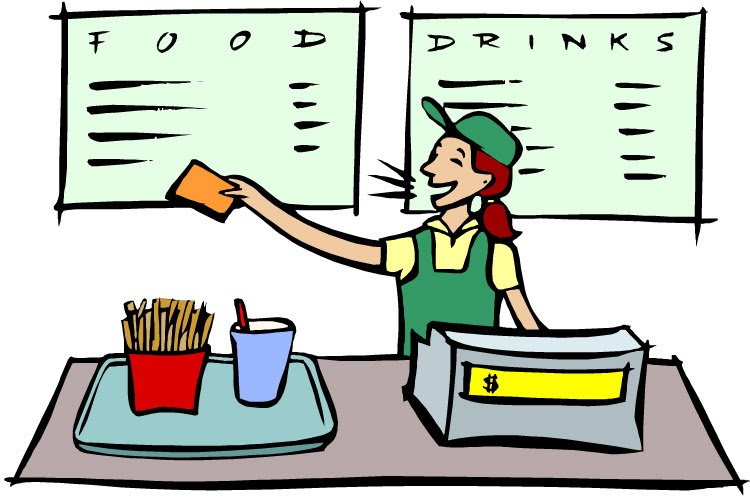Working Teens
March 19, 2020
The idea of teens working part-time jobs is as normal as teens wanting to make money. Whether it be to have some extra cash, to save money towards college or a car, or to help your family with income, teens working is no new concept. Though this concept is common, it hit its peak “40 years ago and has declined ever since”(Dickler).
The comparison between 1979 and 2019 has shifted from 60% of teens being employed to the 35% that are currently employed out of 16 to 19 year olds in the US. There are many reasons for this drop including the increased intensity of school. According to the Hamilton Project and Brookings Institution, schools have been “increasing demands on what it is that high schoolers need to be doing and how much time it takes… not only homework and course requirements but other” clubs and activities available to students. Through the emphasis of school in life, there is less time in the day for teens to indulge in working.
On the other hand, there are things restricting working as a teen in the state of Texas. The majority of limitation on child labor are for those working at 14 or 15. The rules regard the amount of time they can work a day, during a week, the minimum wage for teens, the time conflicting with school functions and classes, and more.
Following, those who are 16 or 17 there are “no limitations on hours of work,” but “employers should take care that their work schedules do not cause problems for the young employees under any school truancy laws or local curfews that might apply”(Texas Workforce Commission). These regulations do restrict teens from working to an extent, but protect teens to make sure they are being treated fairly.
Regardless of these rules, there are still many benefits to working as a teen. Working can allow students to gain “confidence, develop a sense of responsibility and feel more independent”(Family Education). Through this, teenagers are more successful in the future. Having a job as a teenager also lets you earn money for yourself and can teach you to have better money management skills.
Conversely, there are drawbacks that align with not being able to keep your head afloat in school while having a job like keeping up with school or even risking burn out. These concerns are true for working teens at Reedy as well.
Carter Sutton, Reedy student, works 10 hours a week at Shake Shack. He says he has learned “how to deal with others and take orders [and] it’s taught me a lot about responsibility.” He shares that to balance school and home, he “make[s] sure to complete all of my school work the days before I work.”
Other students like Ideliza Romo Vazquez, have a different experience working. She works at a Chick-fil-A and Parkview for 20 hours a week. To avoid procrastination she uses time management skills by “always hav[ing] a set day off” to “balance school and activities.” Through these jobs, she says “I have improved my work ethic and learned to always be giving my best.” The skills acquired in a job can help with high school and post high school experiences.
Both Sutton and Vazquez work at restaurants during the pandemic, and have faced difficulty in the new scenario. Sutton shares that “there are a lot of different safety guidelines that we have to follow.” To make sure everything is clean and safe, workers must wear masks and maintain social distancing.
When working at Parkview, Vazquez says “it has been difficult seeing my residents not be able to have any social interaction minus the workers at the nursing home.” Through the pandemic safety is taken first priority when working, but the limited interaction at such jobs can be a sad sight. Through it all, Vazquez has “learned how to work with different types of people no matter the circumstances.”
Even through the covid-19 pandemic, many teens are still working, but the count is dwindling in the workforce. Those who are still working should continue to take preventative measures to make sure there is menial spread of the virus and germs in general.









